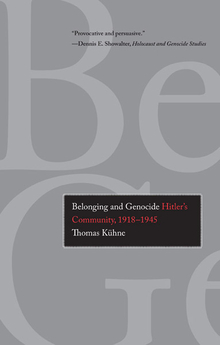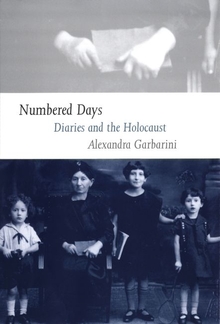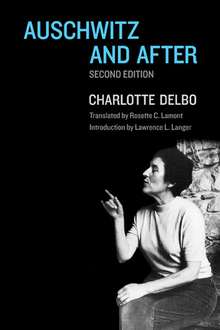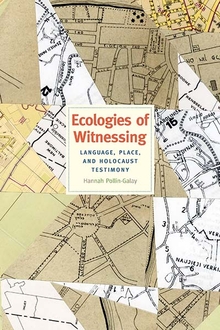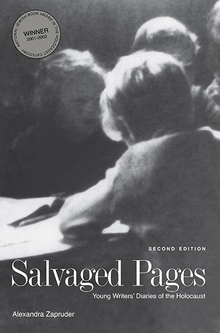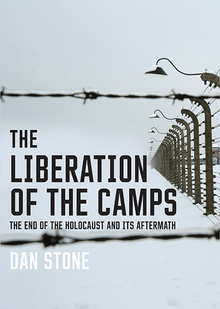Belonging and Genocide
WARNING
You are viewing an older version of the Yalebooks website. Please visit out new website with more updated information and a better user experience: https://www.yalebooks.com
Hitler's Community, 1918-1945
Thomas Kühne
No one has ever posed a satisfactory explanation for the extreme inhumanity of the Holocaust. What enabled millions of Germans to perpetrate or condone the murder of the Jews? In this illuminating book, Thomas Kühne offers a provocative answer. In addition to the hatred of Jews or coercion that created a genocidal society, he contends, the desire for a united “people’s community” made Germans conform and join together in mass crime.
Exploring private letters, diaries, memoirs, secret reports, trial records, and other documents, the author shows how the Nazis used such common human needs as community, belonging, and solidarity to forge a nation conducting the worst crime in history.
"Thomas Kühne's excellent book with its provocative thesis is essential reading for anyone interested in the problems of genocide and mass violence. Kühne shows that the Third Reich's promise of a unified national community proved powerfully seductive to Germans and underpinned the Holocaust."—Eric D. Weitz, University of Minnesota
“Thomas Kühne, one of the world’s leading historians of German history, has written an explosive book that forever alters our understanding of the wellsprings of the Holocaust. In painful detail, he shows how the genocide of the Jews created a sense of belonging among the Germans. This is a disturbing, radical work, which no serious student of the immensely destructive twentieth century will be able to ignore."—Helmut Walser Smith, Vanderbilt University
Publication Date: August 13, 2013

